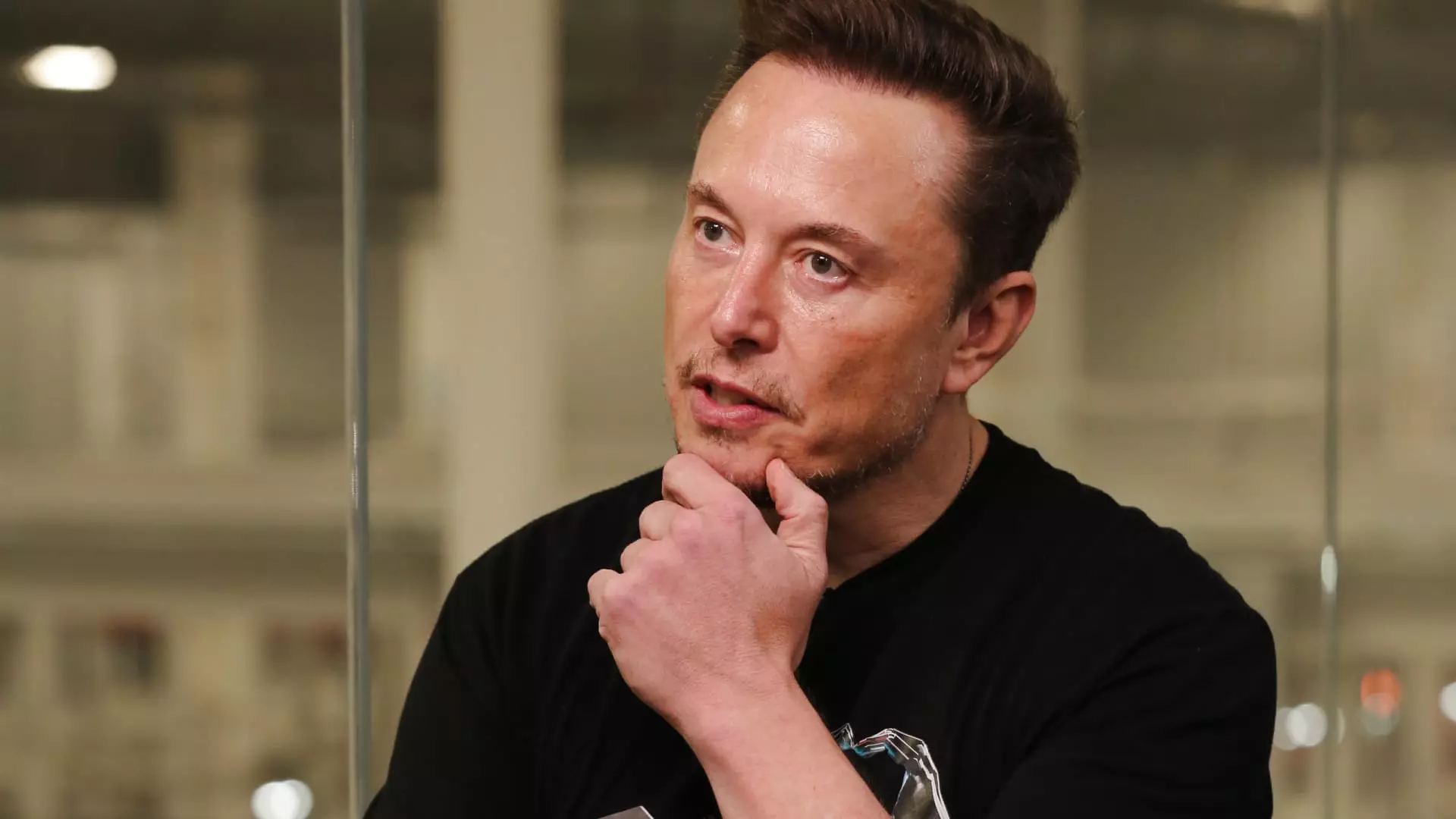Elon Musk, CEO of Tesla, recently sent out a memo to employees announcing that the company will be laying off more than 10% of its global workforce. This decision comes as Tesla prepares for its next phase of growth and aims to increase cost efficiencies and productivity. The news led to a 3% decrease in Tesla’s shares on Monday morning, indicating investor concern over the company’s restructuring efforts.
Tesla’s decision to downsize its workforce comes at a time when the company is facing increasing competition in the electric vehicle (EV) market. While EV sales continue to gain popularity worldwide, Tesla’s sales growth rate has slowed, leading to a 31% decrease in its shares year to date. Chinese companies like BYD and Xiaomi have emerged as strong competitors, threatening Tesla’s position as the world’s top EV maker.
In addition to the competitive landscape, Tesla has faced challenges in its operations that have impacted its performance. The company reported its first annual decline in vehicle deliveries since 2020, with first-quarter deliveries falling by 8.5% on the year. This decline can be attributed to both external factors like the Covid-19 pandemic and internal issues like production disruptions.
Tesla’s decision to lower the subscription price of its Full Self-Driving (FSD) option has raised concerns among investors and customers. The FSD system, despite its name, does not make Tesla vehicles self-driving and still requires drivers to be attentive to the road. This move by Tesla contradicts Musk’s previous promises that the FSD fee would increase as more features were added to the system.
Tesla’s operating margin has also come under pressure, dropping to 8.2% in the fourth quarter from 16% a year earlier. The company has warned investors that vehicle volume growth this year may be lower than in 2023, signaling a potential slowdown in Tesla’s growth trajectory. Logistical challenges, such as supply chain disruptions and production suspensions, have further added to Tesla’s woes.
Tesla’s decision to lay off employees and its struggles in the face of growing competition highlight the challenges that the company is currently facing. As Tesla navigates through these difficult times, it will be interesting to see how the company adapts its strategy to remain competitive in the rapidly evolving EV market.


Leave a Reply
You must be logged in to post a comment.